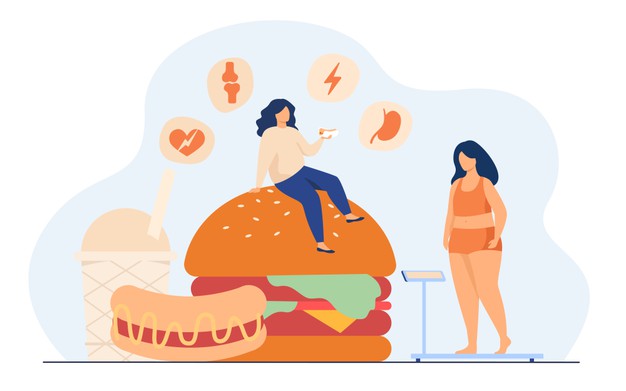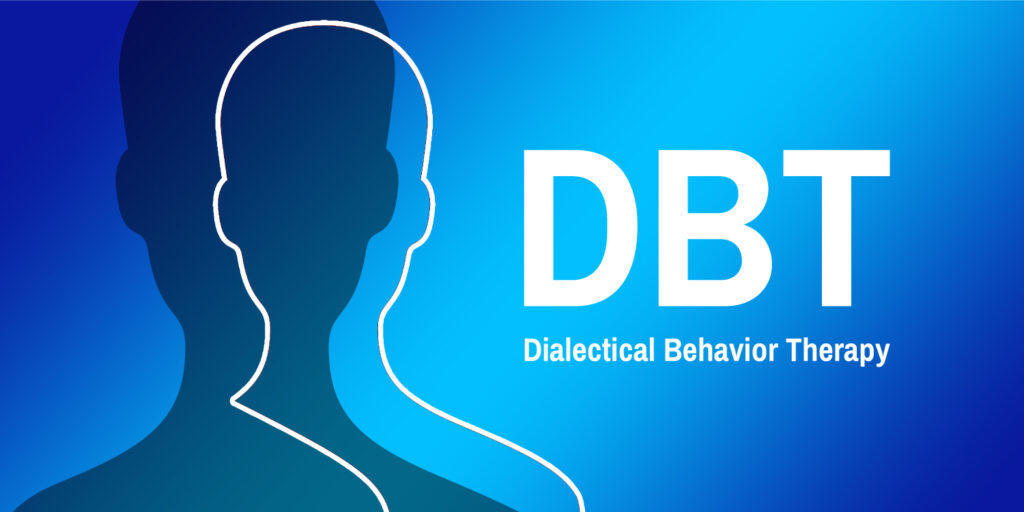Common Eating Disorders and How to Treat Them

Eating disorders are mental illnesses characterized by an abnormal attitude towards food, body weight, and body image. People with eating disorders typically have an irrational fear of gaining weight, which causes them to severely restrict the amount of food they eat.
Eating disorders can be extremely dangerous to a person’s health, so it’s important to seek professional help from a professional Binge Eating Disorder health coach, such as Amy Dambrosio, if you or someone you care about is struggling with an eating disorder.
There is no easy way to treat eating disorders. One of the most difficult disorders to control is anorexia. Binge eating is another difficult disorder to treat. If left unattended, eating disorders can lead to serious health problems such as heart failure, kidney damage, and bone density issues. This article will give you an overview of the most common types of treatments available to those suffering from eating disorders, along with the main benefits and disadvantages of each.
What Are Eating Disorders?

Eating disorders happen when a person has a dysfunctional relationship to food or weight or body image. The most common form of eating disorders is anorexia nervosa and bulimia nervosa. Eating disorders are not only life-threatening but also prevent sufferers from functioning in everyday life. Eating disorder not only affects personal life but also the person’s career as well.
Anorexia Nervosa

People suffering from anorexia nervosa believe they are overweight no matter how thin they actually are. They have an intense fear of weight gain and being fat. People suffering from this disorder may severely restrict their food intake and exercise excessively. Below are the common symptoms of anorexia nervosa.
Symptoms
- Dieting to the point of starvation
- Obsessed with being thin
- Refusal to maintain body weight at normal levels
- Intense fear of weight gain
- Complaints of feeling fat even if they are underweight
- Eating very small amounts of food
- Excessive exercising
- Irregular or no periods
- Loss of menstrual periods due to low body weight
Bulimia Nervosa

People suffering from bulimia nervosa binge eat large amounts of food and then try to get rid of the food. They purge their food by vomiting or using laxatives, fasting, or excessive exercise. It is a complicated eating disorder that can seriously affect functioning in everyday life. Below are the common symptoms of bulimia nervosa.
Symptoms
- Rapid weight loss
- Frequent trips to the bathroom after meals
- Swollen cheeks or jaw area
- Distorted view of body image
- Complaints about feeling bloated after eating small amounts of food
- Frequent consumption of diet pills, laxatives, and diuretics
- Hair loss
- Teeth erosion and cavities
- Chronic stomach pain
- Fainting due to low blood pressure
Eating Disorder Treatments

Eating disorders can be extremely disordered and complex, and therefore it requires strong and determined efforts to overcome them. Below are some of the proven eating disorders treatments that can help treat the disorder.
Cognitive Behavior Therapy
Cognitive-behavioral therapy (CBT) is a form of psychotherapy that focuses on the relationship between thoughts, feelings, and behaviors. It helps a patient change destructive thought patterns and behaviors. CBT mainly focuses on helping the patient overcome his or her problem with the present way of thinking. A therapist teaches individuals to identify and change negative thoughts that may be causing problematic behaviors. CBT has been found to be one of the most effective treatments for eating disorders.
Medication

Medication may be prescribed to treat some symptoms of an eating disorder and to help with the side effects of other treatments.
Anorexia nervosa: Antidepressants may be prescribed in addition to antidepressants to help those with anorexia get the most out of their treatments.
Bulimia nervosa: Antidepressants may be prescribed to help counter the side effects of binge eating.
Orthorexia Nervosa: The treatment of orthorexia Nervosa is focused on helping the individual develop a healthier relationship with food and regain a sense of normalcy.
Dialectical Behavior Therapy

Dialectical behavior therapy (DBT) is a special form of CBT that is often used to treat eating disorders. DBT is especially helpful because it focuses on teaching the individual behaviors that will help them stabilize and maintain a more balanced sense of self and body image.
DBT has been shown to significantly reduce the use of binge eating, purging, and fasting as a means of weight control. DBT is also beneficial because it treats all symptoms of an eating disorder at once.
Family-Based Psychotherapy

This type of psychotherapy is helpful for those who live with a family member who struggles with an eating disorder. Family-based psychotherapy involves the entire family working together to create a healthier environment. The family works with a therapist to identify and address behaviors that might be contributing to or causing the eating disorder.
Family-based psychotherapy can take place in an individual or group setting. It can be beneficial because it’s led by the family, and therefore, it’s familiar and comfortable. The downside is that it can be ineffective if the eating disorder is advanced, if the family is resistant or uninvolved, or if it’s not regularly attended.
Combination Treatment
In combination treatments, a variety of therapies are used, rather than just one. This is beneficial because it covers all bases and addresses the causes of the eating disorder in a multi-faceted way. It also helps the individual understand the complexity of their eating disorder. The downside is that there is little evidence for their effectiveness.
Conclusion
There are many different ways to treat eating disorders, but there is no one-size-fits-all treatment.



